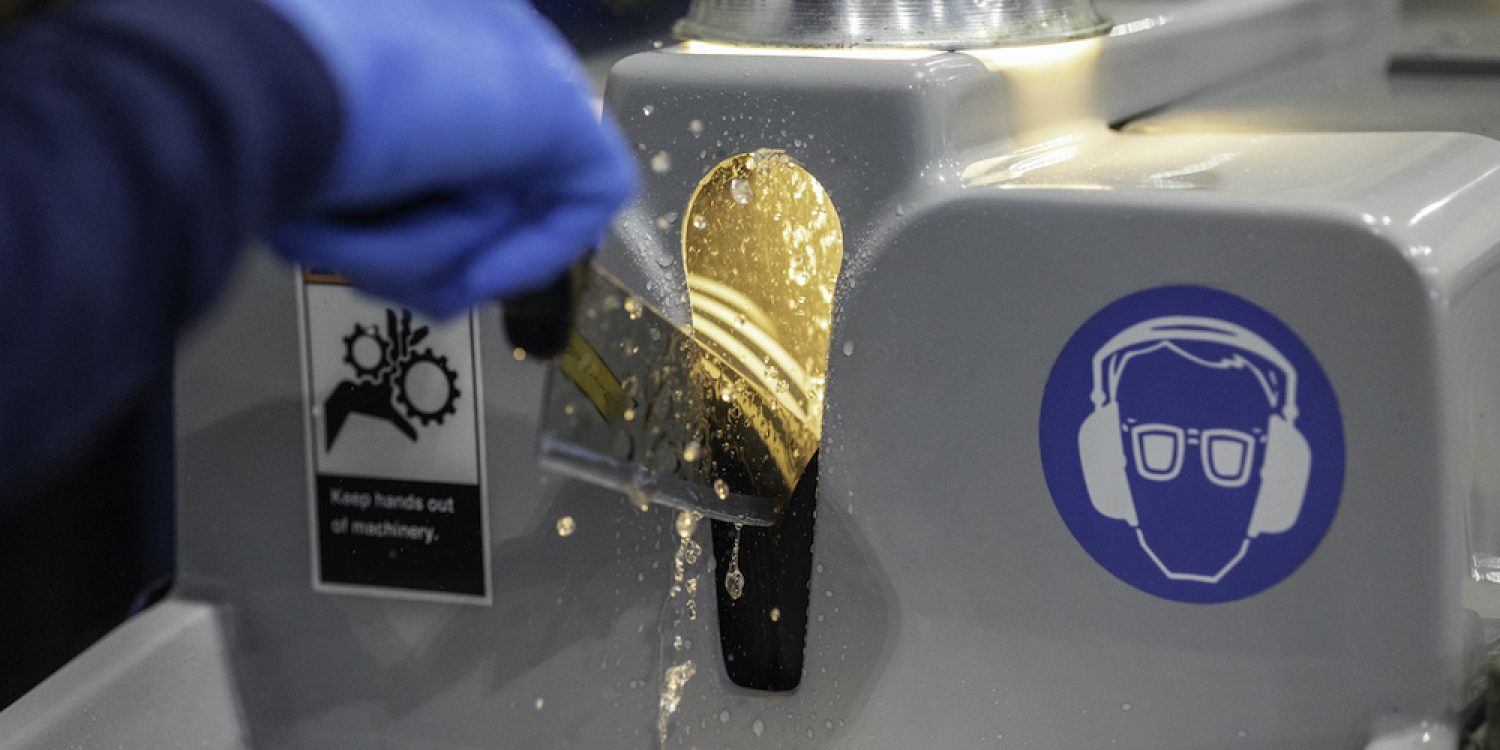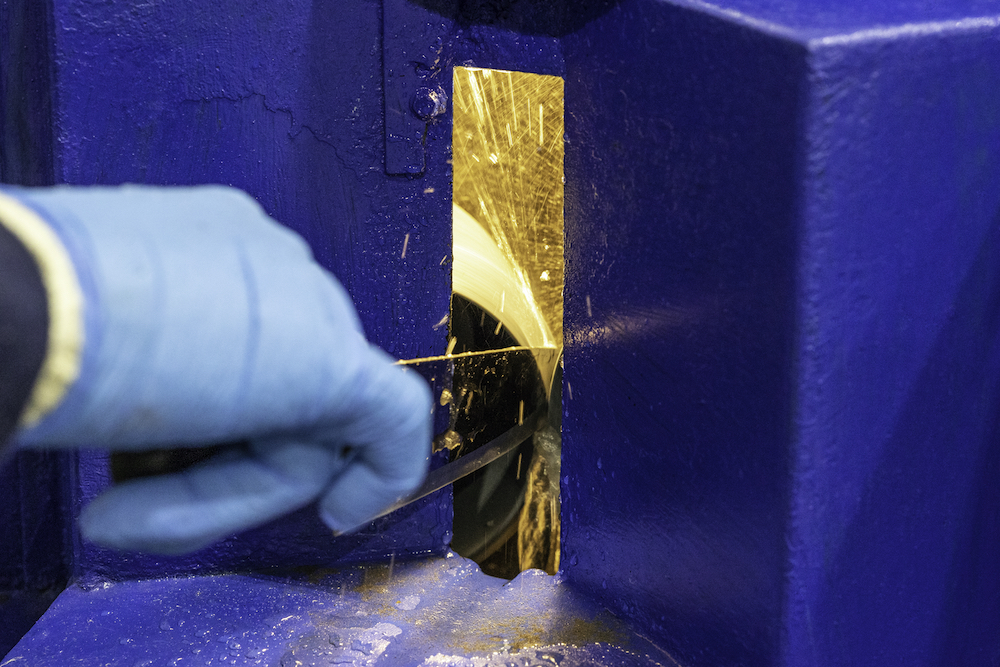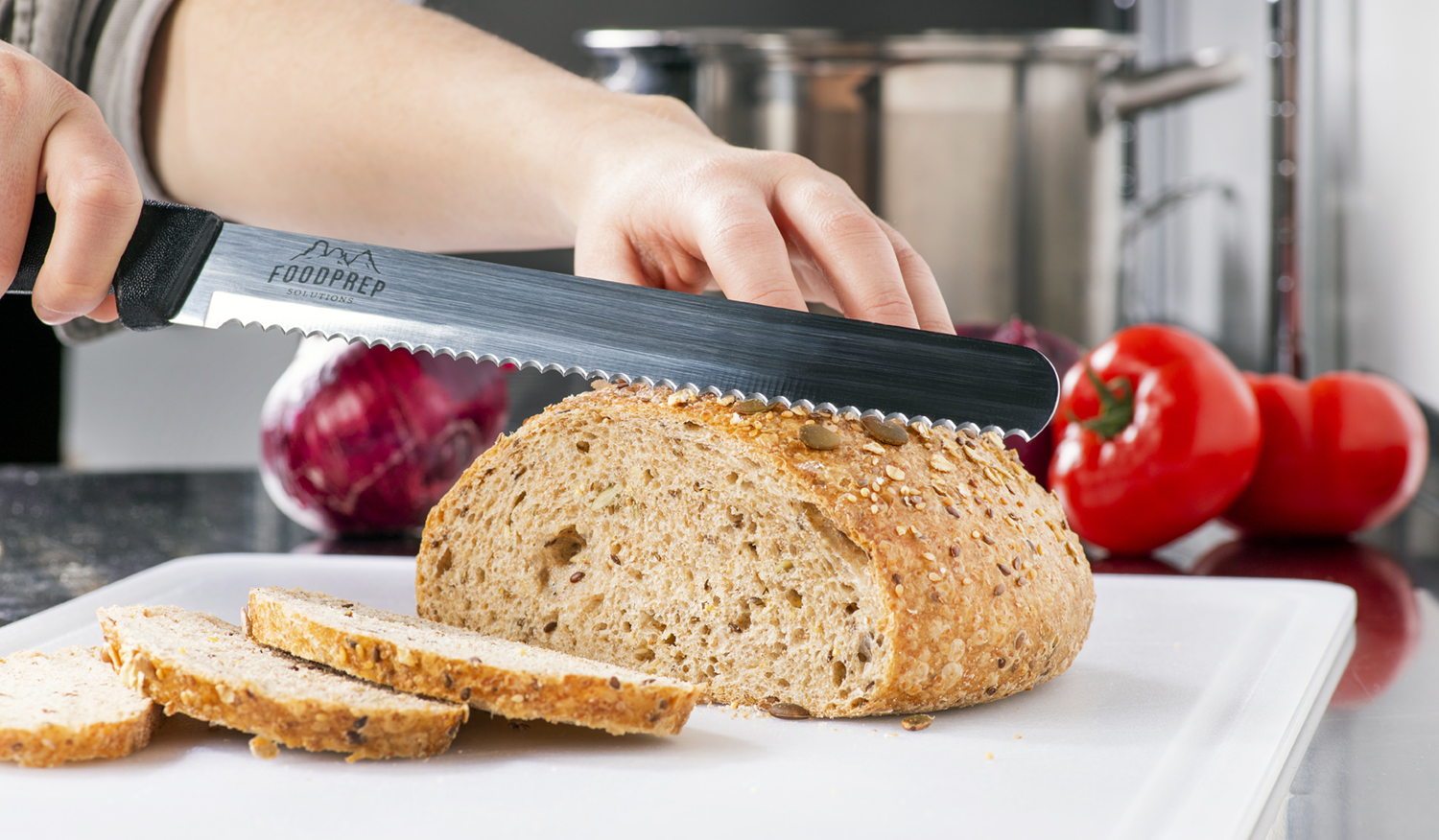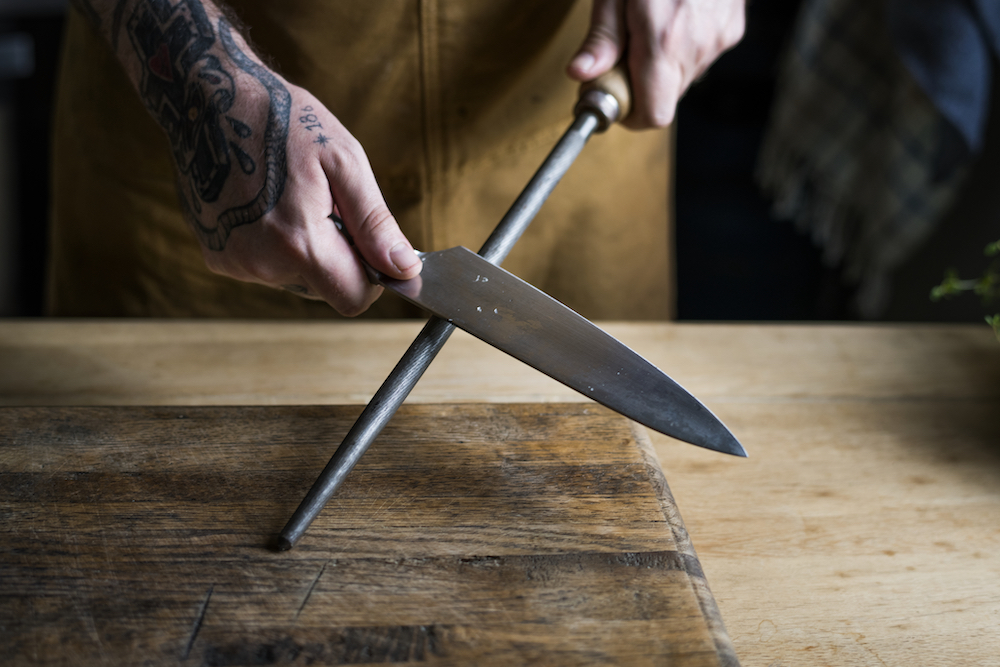Principles of Kosher Knife Sharpening
Kosher knife sharpening is the practice of sharpening knives according to Jewish dietary laws. These laws are known as Kashrut (also Kashruth, or Kashrus), and were first codified in the Torah. Kashrut specifies which foods are considered kosher, or suitable for consumption, and which foods are considered non-kosher, or forbidden.
A key principle of kashrut is that mixing meat and dairy products is strictly prohibited. To prevent any cross-contamination, separate utensils must be used for each type of food. This includes knives. To ensure that knives used in kosher cooking are kept in pristine condition and free from any non-kosher substances, they must have a kosher knife sharpening.
The practice of kashrut knife sharpening has been passed down through generations of Jewish communities and is an integral part of kosher cooking. It should be performed by specially trained individuals and overseen by Rabbinical supervision to ensure knives are sharpened without altering their shape, angle, or kashrut status.
Differences Between Kosher & Non-Kosher Knife Sharpening
The techniques, tools, and processes used in kosher knife sharpening are different from those used in non-kosher knife sharpening due to the specific requirements of kashrut. Here are some of the differences:
In kosher knife sharpening, the focus is on maintaining the integrity of the knife, ensuring it remains suitable for kosher cooking. To that end, grinding or using chemical sharpeners are avoided because they are more likely to alter the shape, angle, or kashrut status of the knife. Instead, techniques like honing, stropping, or using whetstones are used. They remove only a small amount of metal, preserving the knife’s shape and kashrut status.
Non-kosher knife sharpening uses a wider variety of techniques that include grinding, electric sharpeners, and chemical sharpening methods. These methods may be faster or more efficient, but may also alter the shape or angle of the knife – not a concern for non-kosher cooking.
When it comes to the tools used in kosher versus non-kosher knife sharpening, the tools for the kosher process are specifically designed to maintain the integrity of the knife and ensure it remains kashrut. For kosher knife sharpening, tools that support appropriate techniques include honing steels, leather strops, and whetstones. For non-kosher knife sharpening, it’s acceptable to use a variety of higher-impact tools like electric sharpeners, grinding wheels, and chemicals.
The steps involved in the knife-sharpening process also vary for kosher vs. non-kosher. A kosher knife-sharpening process will include more steps and rules around each step. These steps are likely to include cleaning the knife to make sure it is free of any non-kosher substances, inspecting it for any damage or signs of wear, and using multiple sharpening tools in an intentional rotation to achieve the desired sharpness without compromising the kashrut status of the knife.
In non-kosher knife sharpening, the process will be simpler and involve fewer steps. The primary goal is to achieve the desired sharpness of the knife blade, and there are no limitations to the order of the steps or materials and techniques used.
Considerations for Proper Kosher Knife Sharpening
Proper hygiene, labeling, and separation practices are essential to ensure that kosher knife sharpening is done correctly. The top concerns are receiving different knives back, cross-contamination, and not kashering a knife after sharpening. The right solutions can solve all of these concerns.
Receiving different knives back could potentially lead to a mix-up of meat and dairy knives, which would be a serious violation of kosher dietary laws. To prevent this, each knife should be labeled clearly and accurately before the sharpening process begins. And when using a sharpening service, it’s important to be very explicit about the need to have no knife mix-ups.
When using a knife sharpening service, cross-contamination between kosher and non-kosher knives is a huge concern. Cross-contamination can have kosher knives coming into contact with non-kosher residue or particles that would ruin their kashrut status. To remedy this, it’s important that the sharpening service maintain a strict separation between kosher and non-kosher knives.
Kosher dietary laws require that any utensil that could have come into contact with non-kosher food must be kashered, or purified, after. If a knife is sharpened but not properly kashered afterward, it may retain non-kosher residue or particles. The specific method of kashering will depend on the type of knife and the type of non-kosher food that it may have come into contact with, but typically involves boiling the knife or subjecting it to high heat.
Kosher Knife Sharpening Services
At FoodPrep Solutions, we have incorporated strict protocols into our kosher knife sharpening service so that all of these concerns are removed. We offer certified Rabbinical services wherein we have on-site supervision by a Rabbi multiple times a week to oversee and ensure that proper protocols are followed. We take the process very seriously and leave no room for error. When kosher knife sharpening is crucial to the proper functioning of your kitchen, put your mind at ease by partnering with FoodPrep Solutions for your knife sharpening needs. 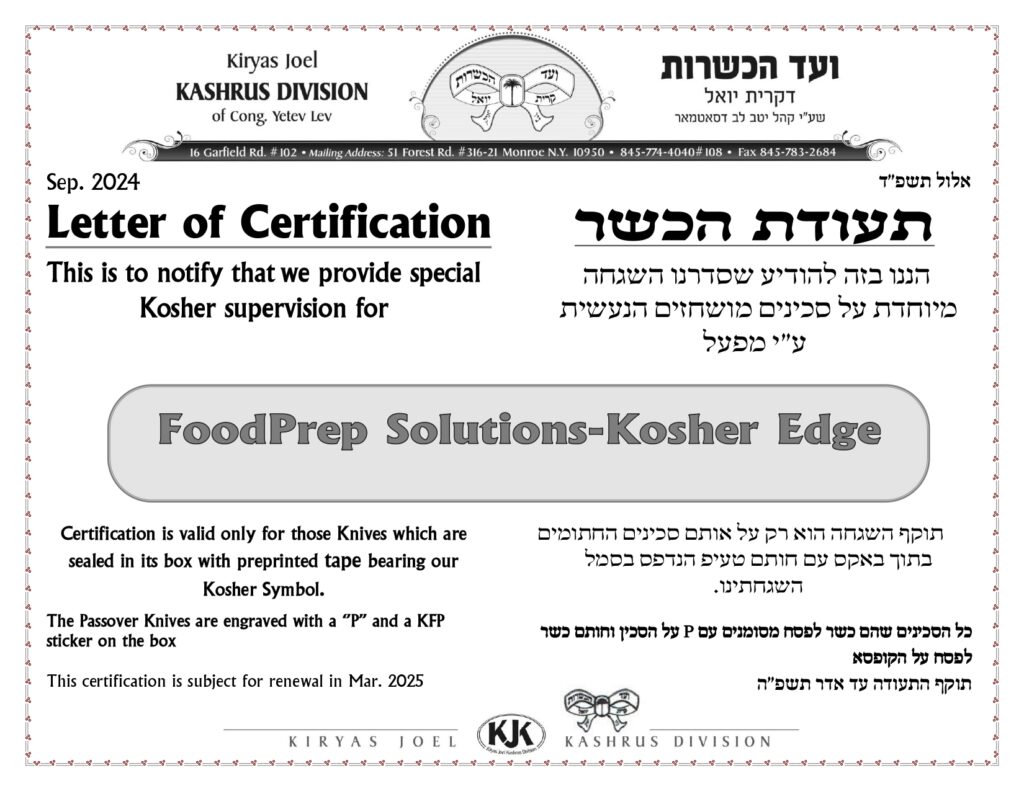
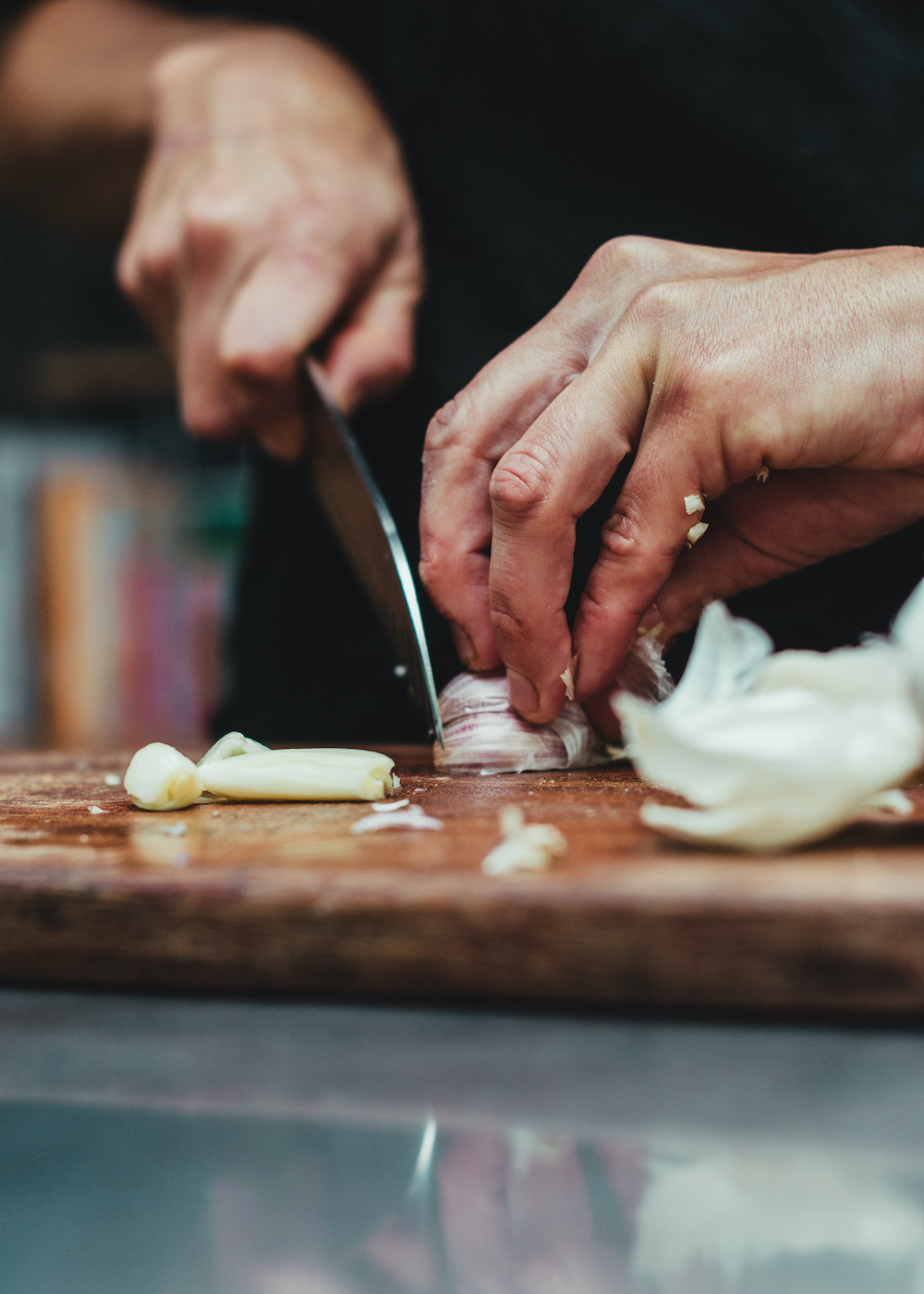
Knife sharpening free trial
Share your details and we’ll let you know if you’re in our service area.

